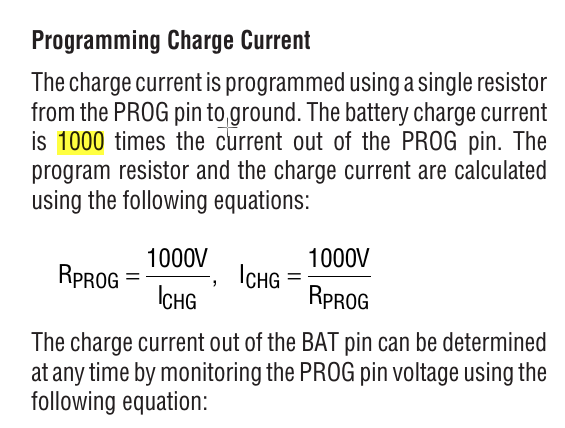One of our custom analyzer plugin started to fail to load after started using an std::set variable with the error above with the similar output from the Logic:
Solution:
Add -lc++ to the linker flags before the -lAnalyzer.
Starting /Applications/Logic.app/Contents/MacOS/Logic...
exe File path is /Applications/Logic.app/Contents/MacOS/Logic [ /Users/build/ob_logic/Source/Environment.cpp; Environment; 260 ]
exe folder path is /Applications/Logic.app/Contents/MacOS [ /Users/build/ob_logic/Source/Environment.cpp; Environment; 261 ]
Release Mode; analyzer path is /Applications/Logic.app/Contents/Resources/Analyzers [ /Users/build/ob_logic/Source/Environment.cpp; Environment; 283 ]
Release Mode; exe path is /Applications/Logic.app/Contents/MacOS; user path is /Users/Miklos [ /Users/build/ob_logic/Source/Environment.cpp; Environment; 318 ]
Found log directory at Library//Logs//DiagnosticReports [ /Users/build/ob_logic/Source/Environment.cpp; Environment; 327 ]
dlopen fail (null) [ /Users/build/ob_logic/Source/AnalyzerManager.cpp; LoadAnalyzersAtPath; 159 ]
dlopen fail dlopen(/Users/Miklos/git/saleae_xline_analyzer/bin/libXLiNEAnalyzer.1.0.dylib, 1): Symbol not found: __ZTISt12out_of_range
Referenced from: /Users/Miklos/git/saleae_xline_analyzer/bin/libXLiNEAnalyzer.1.0.dylib
Expected in: /Applications/Logic.app/Contents/MacOS/../MacOS/libAnalyzer.dylib
Solution:
Add -lc++ to the linker flags before the -lAnalyzer.












